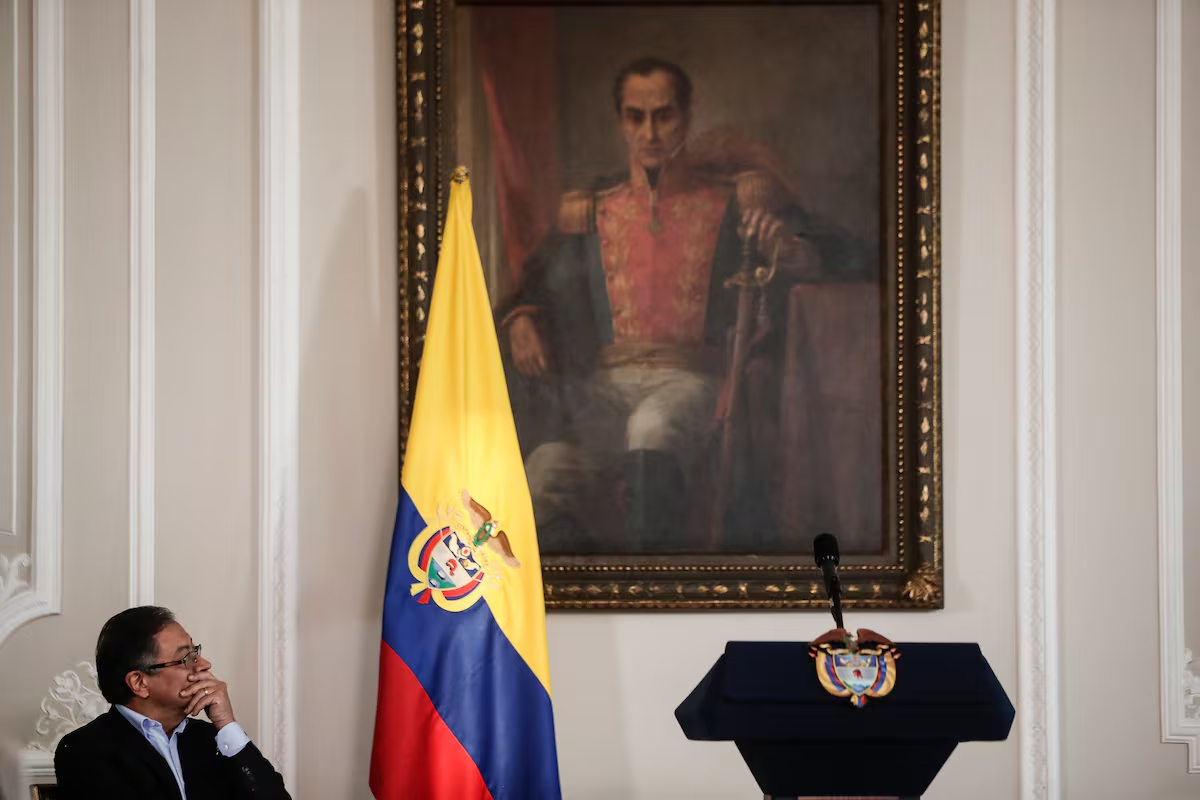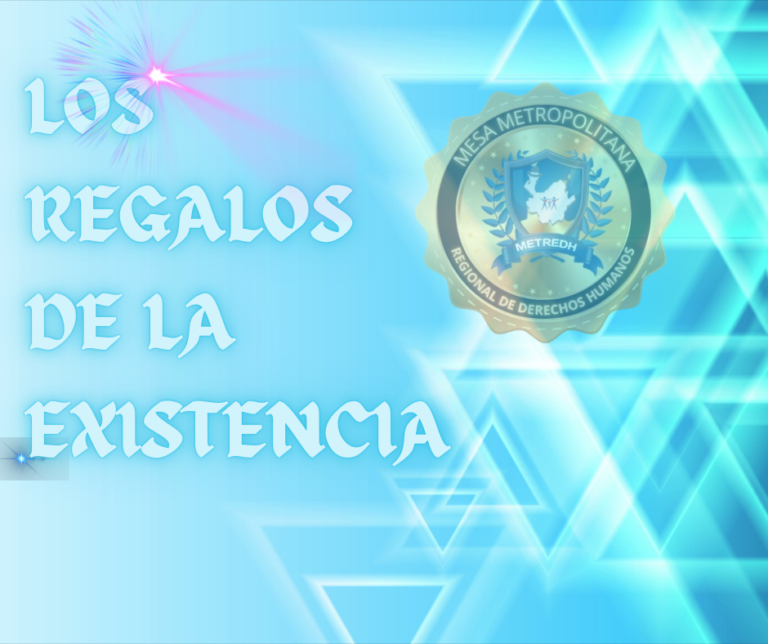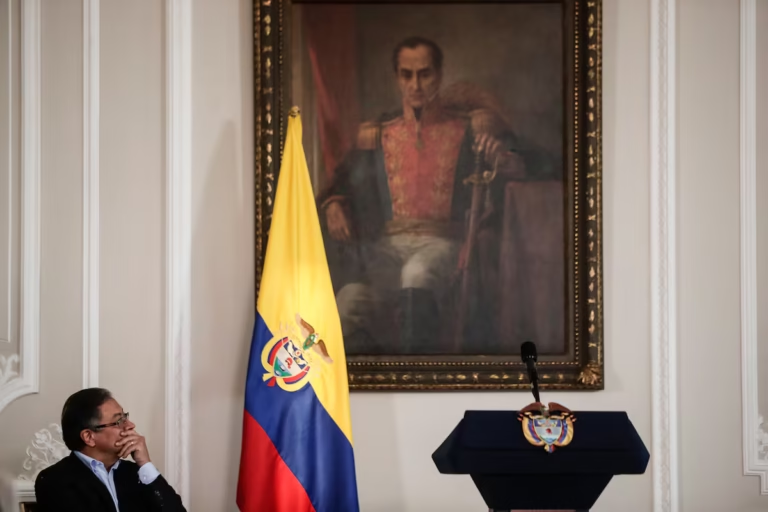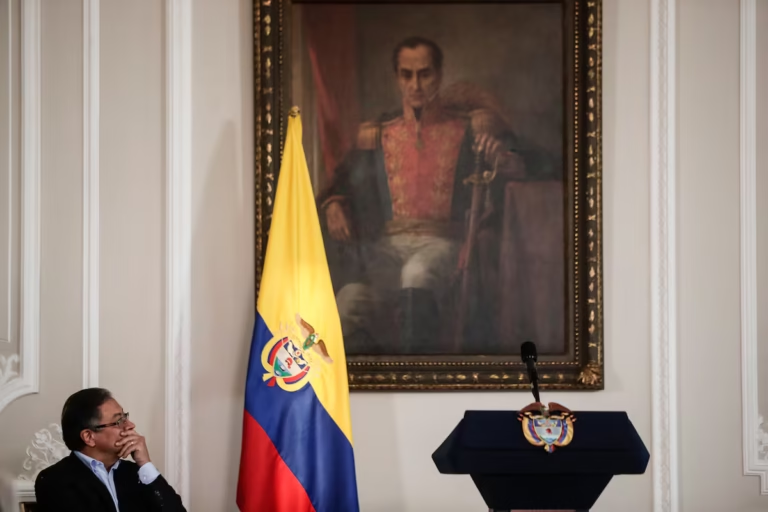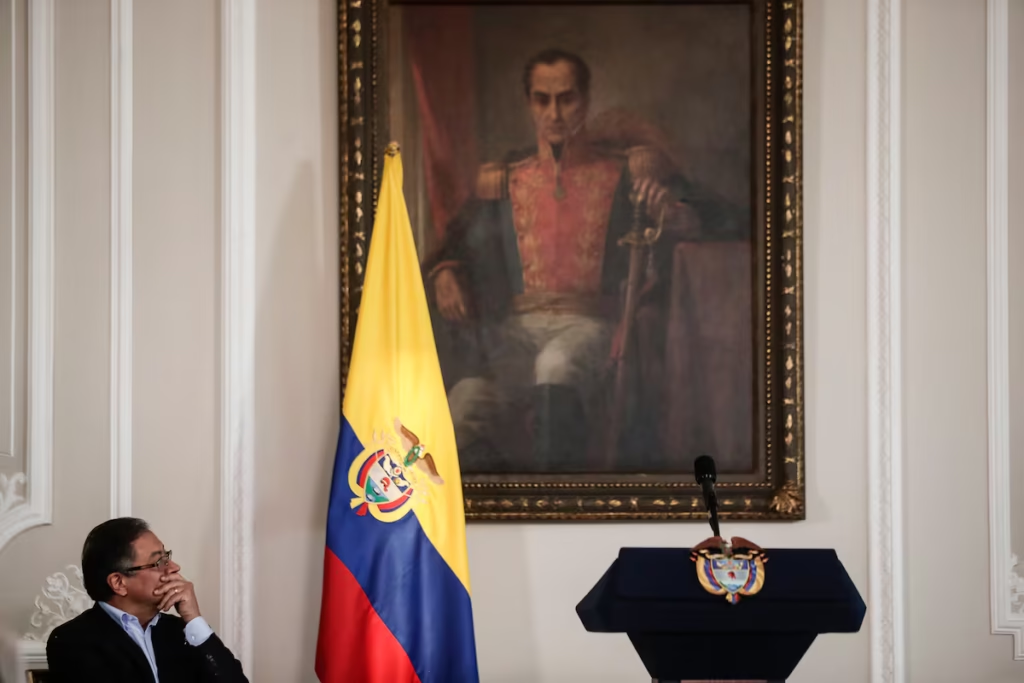
The legitimacy of a government is based on the coherence between its discourse and its actions, on the transparency of its administration and on its ability to guarantee the well-being of citizens. However, President Gustavo Petro’s term in office has been marked by a series of scandals, crises of authority and acts of violence that have plunged the country into deep distrust and delegitimization.
From the Regional Metropolitan Human Rights Board (Metredh), we strongly reject the lack of coherence between the promises of change and the objective reality of the country, where corruption, massacres, insecurity and constant government scandals have deteriorated the social and political fabric of Colombia.
The current panorama reflects a weakened administration, with multiple scandals that show a worrying lack of control and ethics in government management. Among the most serious facts are the alleged irregular financing of his presidential campaign, the corruption case involving his son Nicolás Petro, the improvisation in the health system and the collapse of peace talks with armed groups. Added to this are massacres and increased violence, phenomena that contradict the promise of “total peace” and show an absence of authority and leadership in the areas most affected by the conflict.
In this context, the presidential discourse of social transformation vanishes in the face of the objective reality of the country. Erratic decisions and the lack of effective strategies have deepened institutional deterioration, generating uncertainty and discontent among citizens. The crisis in food security, the collapse of the health system and the president’s constant attacks on the press and the opposition have made the current government one of the most questioned in Colombia’s recent history.
The Colombian people are resilient and have faced decades of conflict and inequality, but they also demand leadership that represents their core values: transparency, justice, and the protection of human rights. The rhetoric of “change” cannot continue to be allowed to justify improvisation and impunity. The incoherence between what was promised and what was executed has weakened trust in institutions and deepened social polarization.
The defense of human rights cannot be limited to an empty discourse. It requires concrete actions that protect life, guarantee security and strengthen democracy. Citizens must demand accountability from their rulers and not allow inaction and corruption to continue eroding the structure of the State.
Colombia is at a historical crossroads, where the failure of government management could have devastating consequences for the country’s stability. Democracy is a constant construction that depends on citizen vigilance and a commitment to truth and justice.
Colombia is going through a crisis of legitimacy, authority and governability. Gustavo Petro’s government has failed to deliver on its promises, ensure security, and preserve transparency, leading the country to a point of deep instability.
In conclusion, more than a criticism and unveiling a chaotic and sad panorama, it is an attempt to propose solutions to the reality that our country is experiencing and especially the district of Medellín and the department of Antioquia, it is essential to raise awareness among citizens about the new role played by the regional metropolitan table on Human Rights. from the social, political and human side. For this reason, it is necessary to destigmatize the concept of human rights, since for years, in the country, not understanding this discourse translates into an illustrative circumstance of the moral degradation to which the real factors of cryptic power and its agents have reached.
Bibliography:


